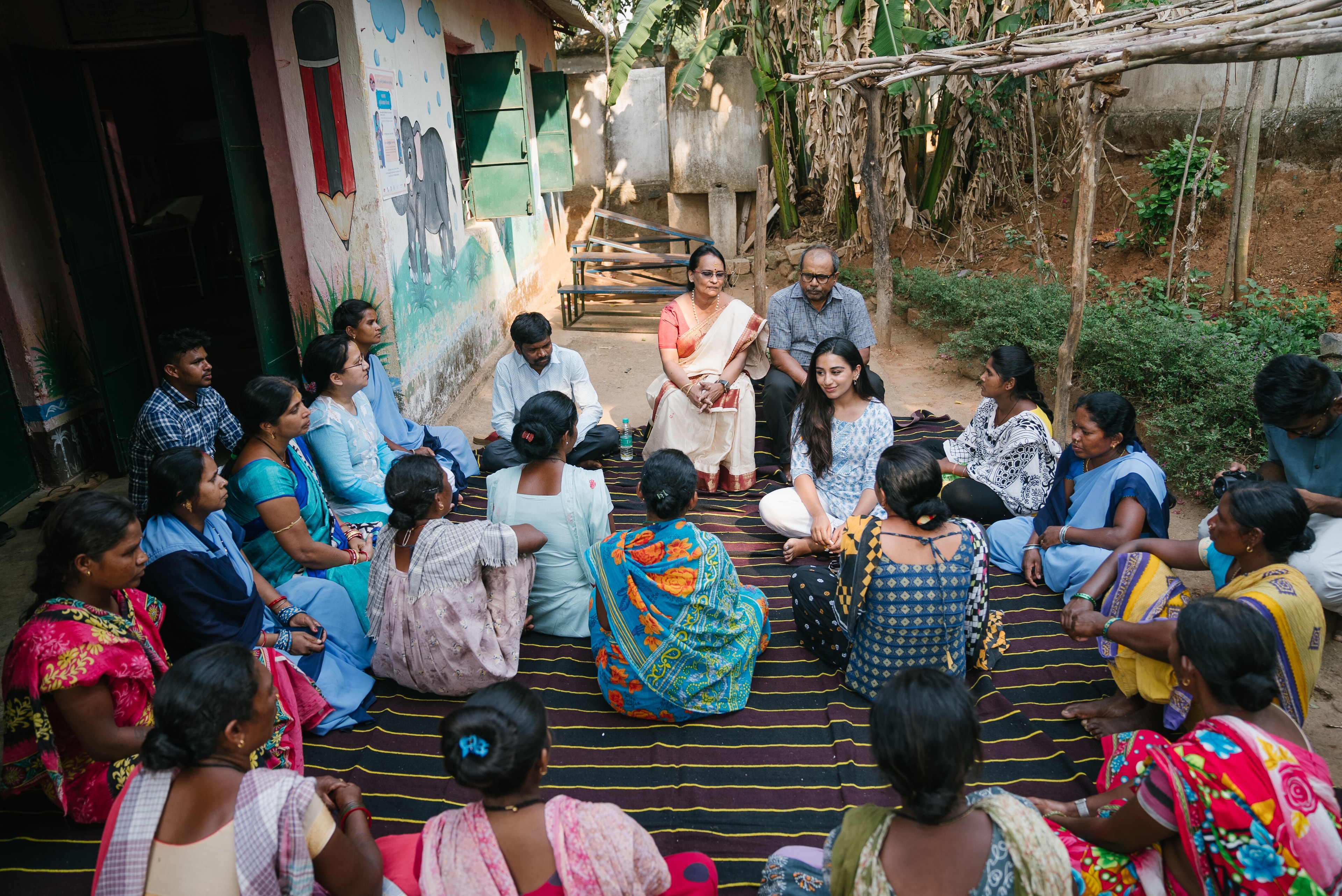COVID-19: What you need to know about the coronavirus pandemic on 25 February

Hong Kong SAR, China, has introduced COVID-19 vaccine passports. Image: REUTERS/Tyrone Siu/File Photo

Explore and monitor how COVID-19 is affecting economies, industries and global issues

Get involved with our crowdsourced digital platform to deliver impact at scale
Stay up to date:
COVID-19
Listen to the article
- This daily news roundup brings you a selection of the latest news and updates on the COVID-19 coronavirus pandemic, as well as tips and tools to help you stay informed and protected.
- Top news stories: Canada approves Medicago's plant-based COVID-19 vaccine in adults; Omicron BA.2 sub-variant more infectious but no more severe – Africa CDC; European regulator recommends Pfizer/BioNTech booster doses for adolescents.
1. How COVID-19 is affecting the globe
Confirmed cases of COVID-19 have passed 431.4 million globally, according to Johns Hopkins University. The number of confirmed deaths has now passed 5.92 million. More than 10.67 billion vaccination doses have been administered globally, according to Our World in Data.
Japan has announced that international travellers showing proof of a Johnson & Johnson COVID-19 vaccine will be allowed to enter the country and qualify for a shorter time in quarantine from next month. The Johnson & Johnson shot, which has not been approved in Japan, will join a list of three other vaccines that have been approved by regulators as sufficient for non-residents to enter, after a nearly two-year ban on such travellers.
It comes as Johnson & Johnson announced that it is close to a vaccine licensing deal with South African group Aspen Pharmacare.
The European health regulator has recommended approving booster doses of the Pfizer/BioNTech COVID-19 vaccine for use in adolescents aged 12 and over.
The European health regulator has also recommended the approval of Moderna's COVID-19 vaccine for use in children aged 6-11.
Hong Kong SAR, China, has rolled out vaccine passports, requiring people aged 12 and above to have at least one COVID-19 jab. It comes as it reported a new record of daily COVID-19 infections.
China on Friday reported its highest daily count of COVID-19 cases arriving from outside the mainland in nearly two years, with infections mostly from Hong Kong as the financial hub grapples with a wave of infections.
Drugmaker Shionogi & Co has applied for approval to make and sell its oral COVID-19 treatment in Japan, the firm said on Friday.

What is the Global Alliance for Social Entrepreneurship?
2. Canada approves Medicago's plant-based COVID-19 vaccine in adults
Health Canada has approved Medicago's COVID-19 vaccine, making it the first authorization of the plant-based shot anywhere in the world.
The two-dose vaccine, which uses an adjuvant from GlaxoSmithKline to boost efficacy, has been approved for people aged 18 to 64, the health agency said.
The shot was 75.3% effective against the Delta variant of the virus in a late-stage study.
The vaccine also showed overall efficacy of 71% against all variants of the coronavirus except Omicron, which was not in circulation when the study was underway.
The shot is based on a technology that uses plants to produce virus-like particles that mimic the structure of the coronavirus but contain no genetic material from it.
3. Omicron BA.2 sub-variant more infectious but no more severe – Africa CDC
The Omicron BA.2 sub-variant of COVID-19 appears to be more infectious than the original BA.1 sub-variant, but does not cause more severe disease, the head of Africa's top public health body said yesterday citing data from South Africa.
"South Africa is reporting that it is more transmissible than the BA.1 variant, but interestingly and very encouragingly the severity seems to be the same," said Dr John Nkengasong, Director of the Africa Centres for Disease Control and Prevention (CDC).
South Africa was one of the first countries to detect the Omicron variant of COVID-19, which has since swept around the globe and become dominant in most places.
Although South Africa is well over the peak of its Omicron wave, its daily number of new infections has stabilised at around 3,000 per day, a higher level than that seen at the tail end of previous waves of COVID-19 infections.
Nkengasong said the trend may be linked to the BA.2 sub-variant, but did not elaborate.
Don't miss any update on this topic
Create a free account and access your personalized content collection with our latest publications and analyses.
License and Republishing
World Economic Forum articles may be republished in accordance with the Creative Commons Attribution-NonCommercial-NoDerivatives 4.0 International Public License, and in accordance with our Terms of Use.
The views expressed in this article are those of the author alone and not the World Economic Forum.
The Agenda Weekly
A weekly update of the most important issues driving the global agenda
You can unsubscribe at any time using the link in our emails. For more details, review our privacy policy.
More on Health and Healthcare SystemsSee all
Kate Whiting
May 3, 2024
Kiran Mazumdar-Shaw
May 2, 2024
Johnny Wood
May 1, 2024
Prakash Tyagi
May 1, 2024
Katherine Klemperer and Anthony McDonnell
April 25, 2024





